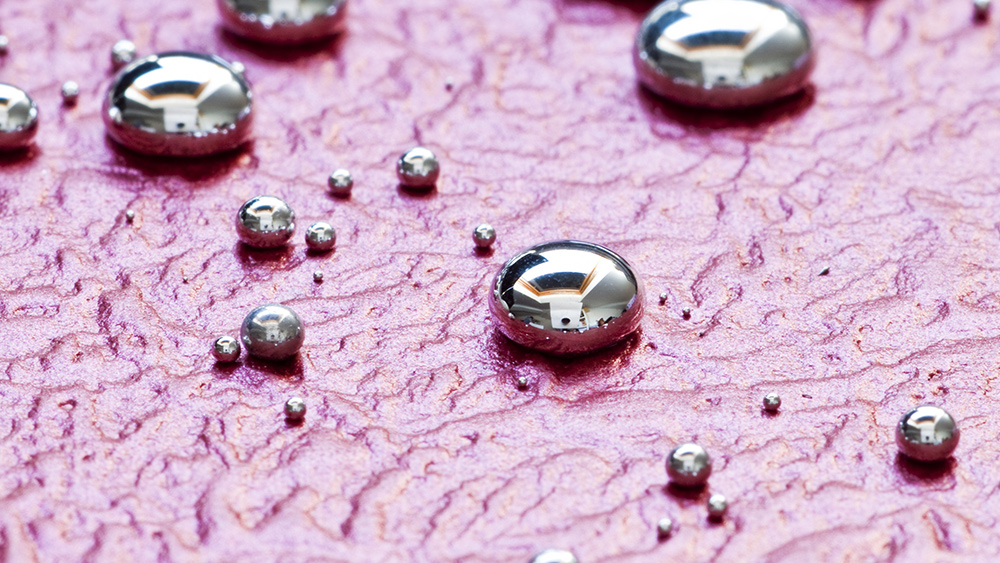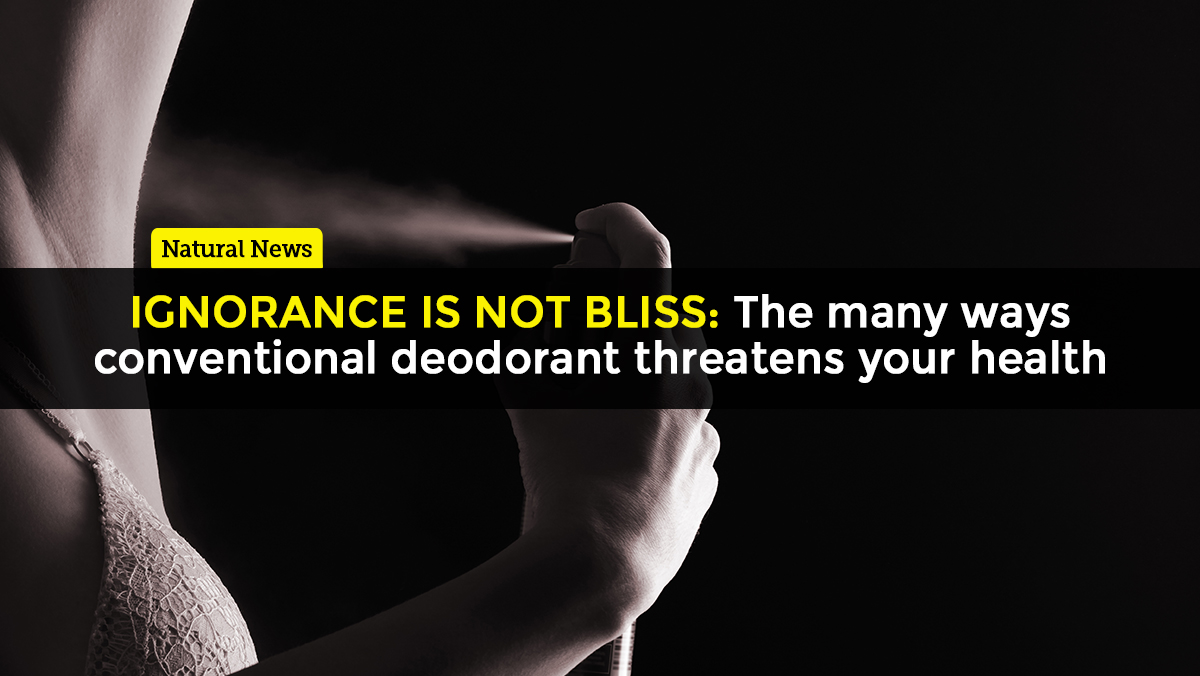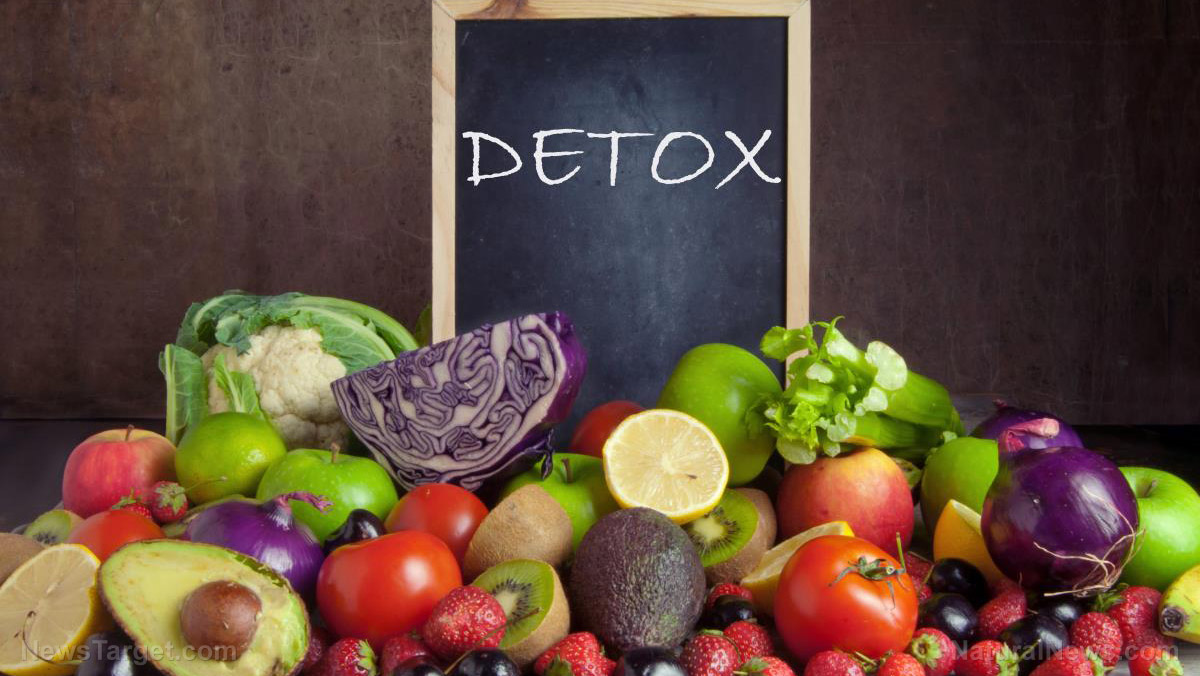Recent lawsuit says the chemical cocktail comprising Roundup is more toxic than just glyphosate on its own
10/24/2018 / By Vicki Batts

Glyphosate, the active ingredient in Monsanto’s leading herbicide, Roundup, has been heavily criticized for its toxic effects on humans and the environment. Now, it turns out that glyphosate isn’t the only thing that makes Roundup dangerous. While glyphosate can be a problem in and of itself, when combined with the “inactive” ingredients in Roundup, an even more potent cocktail is formed.
As Natural Health 365 reports, the entirety of the Roundup formulation has never been tested: Safety testing was conducted on glyphosate alone. This is a massive problem, given that Roundup and other glyphosate-containing products feature a bevy of other chemical ingredients. Chemicals can and do react and interact with one another, and the end result can be deadly. Bleach and ammonia are a good example of that. And yet, reports now indicate that testing was only done on the active ingredient (glyphosate), instead of the actual formulation Monsanto intended to use.
No testing done on Roundup
A recent lawsuit has revealed the sordid truth that Roundup is more toxic than anyone could ever imagine. The “inert” ingredients, sources allege, are not so “inert” after all — a fact that has been proven via in vitro studies. As Natural Health 365 reports, a study of eight major pesticides, including Roundup, found that the “complete formulations” were far more toxic than just the active ingredients alone.
“[T]he products were all many times more toxic to human cells than when just their isolated adjuvants or active ingredients were tested – some as much as 1,000 times,” Natural Health 365 writer Dena Schmidt explains.
As The Guardian reports further, these tests were actually part of the U.S. National Toxicology Program’s (NTP) first look at herbicides that feature glyphosate as an active ingredient, but also contain other chemicals.
Mike DeVito, acting chief of the National Toxicology Program Laboratory, told The Guardian that while the research is still ongoing, the toxicity of complete formulations (like Roundup) is impossible to ignore. “We see the formulations are much more toxic. The formulations were killing the cells,” DeVito said. Glyphosate alone was not nearly as harmful as the more complex products that make it to the marketplace.
The Roundup deception
As sources note further, even the scientists working for the NTP still don’t know what ingredients are in Roundup and other weedkillers; those are “industry secrets” which have yet to be disclosed. So, Monsanto has managed to dupe the federal government into approving a weedkiller that has never been fully tested and no one actually knows what it is in it, besides glyphosate.
It is not clear how much Monsanto itself knows about the toxicity of the full formulations it sells. But internal company emails dating back 16 years, which emerged in a court case last year, offer a glimpse into the company’s view. In one 2003 internal company email, a Monsanto scientist stated: “You cannot say that Roundup is not a carcinogen … we have not done the necessary testing on the formulation to make that statement. The testing on the formulations are not anywhere near the level of the active ingredient.” Another internal email, written in 2010, said: “With regards to the carcinogenicity of our formulations we don’t have such testing on them directly.” And an internal Monsanto email from 2002 stated: “Glyphosate is OK but the formulated product … does the damage.”
Monsanto has repeatedly worked to undermine and discredit any findings that show glyphosate and Roundup are dangerous. It is clear that the company knows the products they’re peddling are dangerous, and actively try to suppress any information that might hurt their profit margins.
See more coverage of stories about herbicides and your health at Glyphosate.news.
Sources for this article include:
Tagged Under: agricultural chemicals, biotech, dangerous chemicals, disease causes, EPA, glyphosate, GMO, GMOs, herbicide, Monsanto, Roundup, toxic chemicals, toxic ingredients, toxins



















